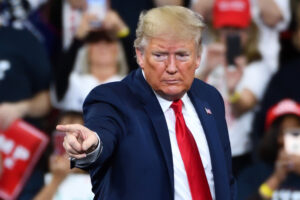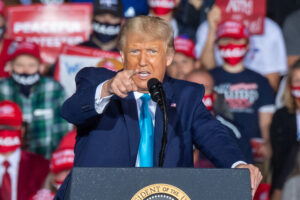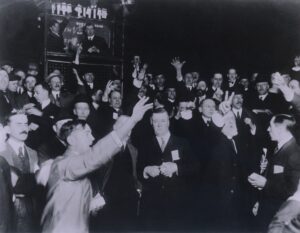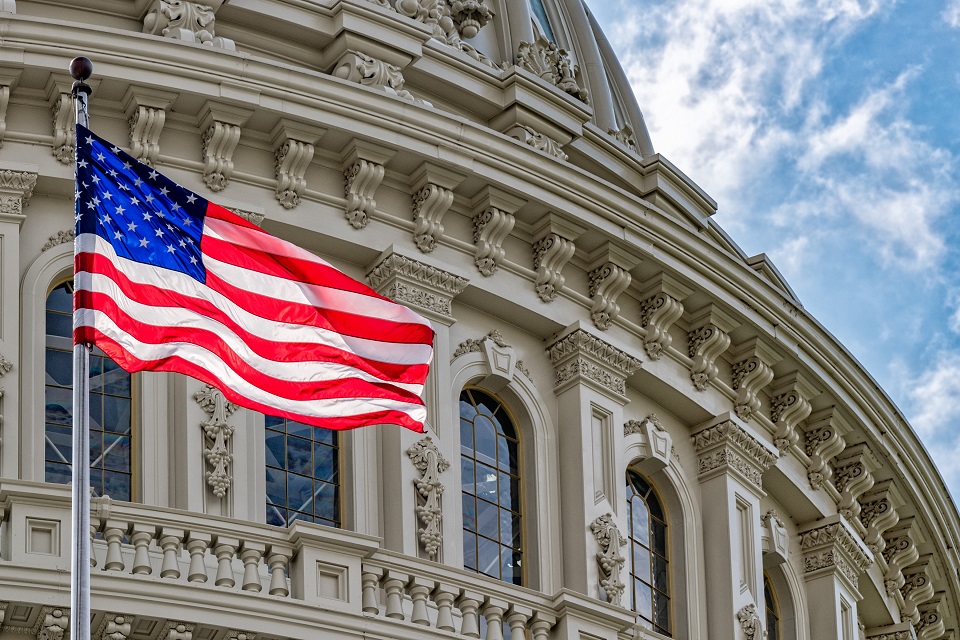
Policies are at the core of the success of any endeavor that involves people and organizations. Without specific rules and regulations being stipulated, it is very difficult to achieve organizational efficiency – whether it be business or government affairs. Policy formulation is important.
Equally important is recognizing the need for a change in such policies when necessary. In America and around the world, the government and business enterprises effect changes to their policy framework in the interest of the public and business growth respectively. While some of these policies seem controversial and receive backlash, others are welcomed by those who are greatly affected by them.
Here are some policy changes in America that turned out to have far-reaching effects.
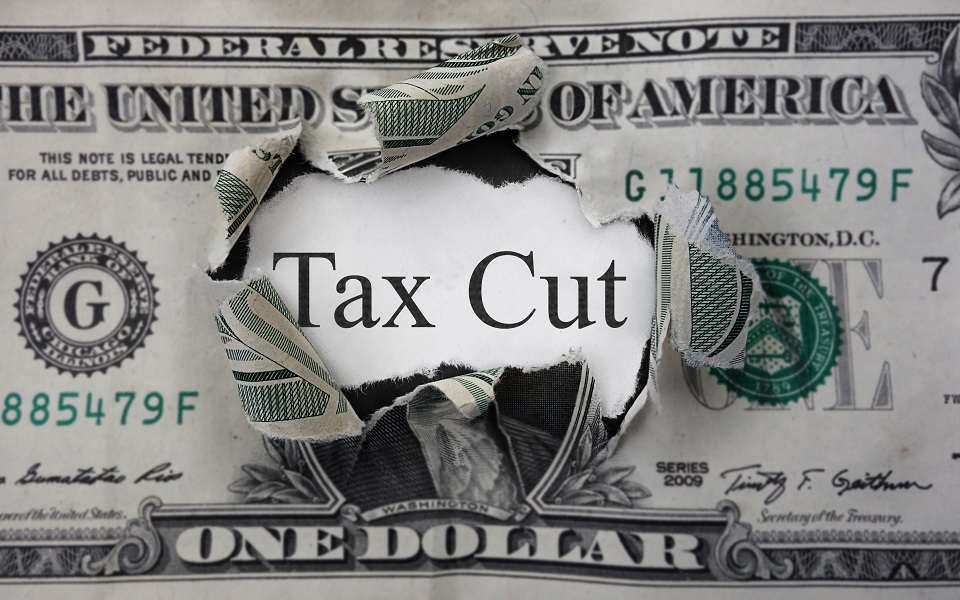
1. Trump’s Tax Cuts
One of the biggest reforms that occurred during Trump’s administration was the passage of a bill that effected a reduction in taxes. The new law reduced the rate of corporate taxes from 35% to 21%. This tax rate reduction is often regarded as the biggest tax cut in history.
Trump himself noted this in a speech made on the 16th of April in Hialeah, Florida when he said: “We have the biggest tax cut in history, bigger than the Reagan tax cut. Bigger than any tax cut.” However, this claim has been debunked as sources reveal that it is not the biggest tax cut in history. However, it is the biggest corporate tax cut in history.
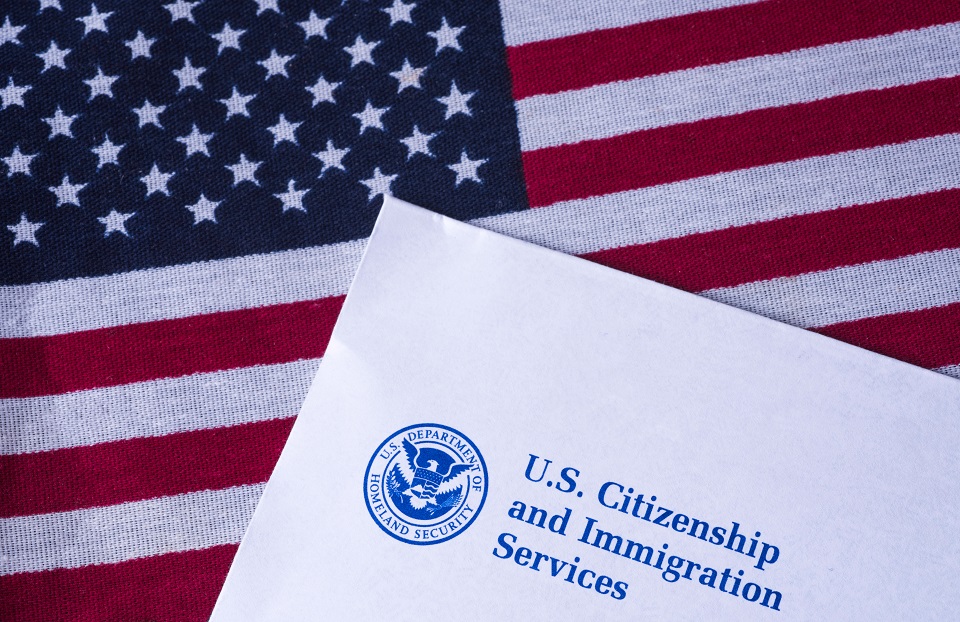
2. Change in America’s Immigration Policies
While Donald Trump was in office, he made sweeping policy changes in respect of immigration into America. Most of these changes were widely criticized by a large number of the American public and even foreign stakeholders. Regardless, Trump remained unflinching in his position. He imposed strict immigration policies on countries like Mexico.
Furthermore, Trump’s administration placed a travel ban prohibiting the issuance of visas to seven largely Muslim countries. The list was expanded to thirteen countries in 2020. Trump’s immigration policy changes had a massive impact on several countries.
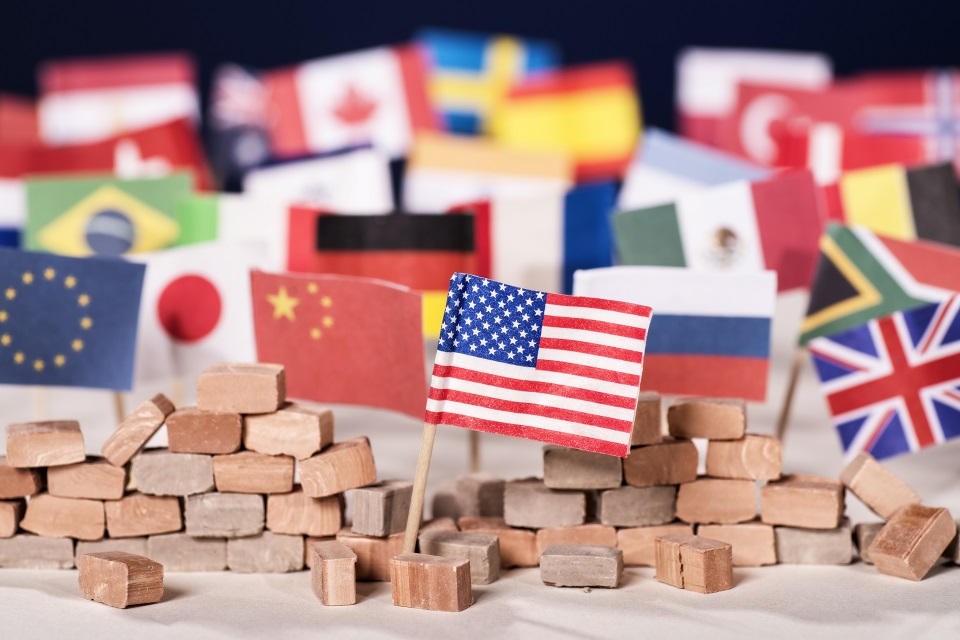
3. Policy Reform in Trade
America’s trade policies were highly watched and observed by the international public community during Trump’s administration. Trump, who is also a businessman as he is a politician, took crucial steps to ensure that America was not being taken advantage of by the rest of the world in the areas of trade.
The first of this policy change was the U.S. exit of the Trans-Pacific Partnership. Also, he renegotiated the North American Free Trade Agreement with Canada and Mexico and bolstered a trade war with China. The government also waged a steel and aluminum tariff war against some of America’s trading partners. This led to a rise in the price of many metal-made products.
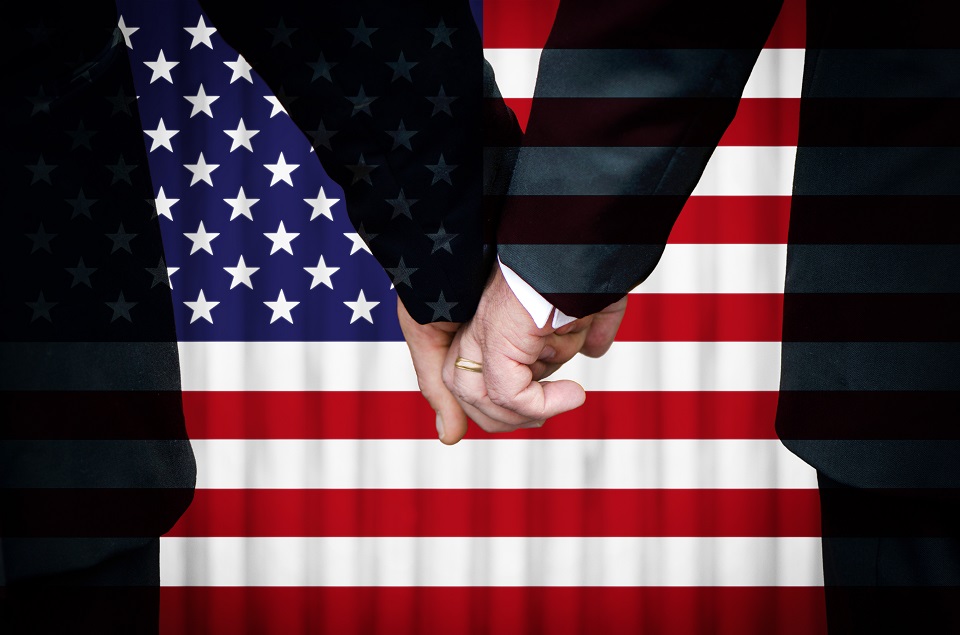
4. Legalization of same-sex marriage
Advocacy for the legalization of same-sex marriages in the United States dates back to the 1970s. But it was not until the early 2000s that solid changes were beginning to happen. The landmark action that changed the entire structure was in 2015 when the U.S. Supreme Court made same-sex marriage legal in all 55 states.
This policy change is perhaps one of the most striking in the U.S as it had a far-reaching impact on the states themselves and also a great influence on other countries of the world. As of 2004, polling research revealed that Americans opposed same-sex marriage by a margin of 60% to 31%.
However, in 2019, a few years after the legalization, the polling research showed that 61% of Americans were now in support; while only 31% opposed it.
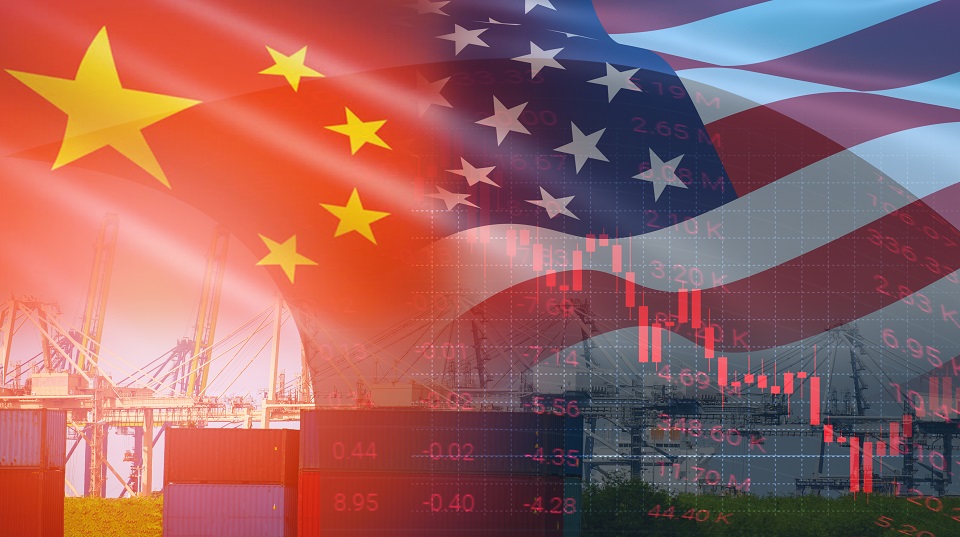
5. Policies Against China
Under the Trump administration, the US was known to be in some sort of trade dispute with China. A number of trade tariffs were imposed on many Chinese imports worth billions of dollars. Also, sanctions were put up against top officials in China.
Not only that, Trump issued penalties against top Chinese companies like TikTok, Huawei, ZTE, and SMIC. All these protectionist policies against China in effect weakened trade relations between the two economic giants. Doubts have been cast on the effectiveness of these policy actions taken by Trump.
Many are hopeful that Joe Biden’s administration will relax some of these protectionist policies in a bid to mitigate the negative consequences of the tariffs.

6. The decision in Marbury v. Madison
Of all the landmark policies in the United State, this one is quite notable – most especially because of its continued relevance to date. The decision of the court, in this case, had a significant impact on the judicial powers of the US courts. Coming in 1803, the court decision established the principle of judicial review.
What this meant is that the American courts were granted the power to strike down laws and policies on the basis of being unconstitutional or detrimental to the public interest. This policy change turned out to be a very big one because it is still heavily relied upon by the courts.
Equally that it has made it possible for legislative and executive excesses to be curbed – an administrative requirement necessary for the prevention of abuse of power.

7. Policy Change on Racial Segregation
Prior to the Supreme Court in the case of Brown v. Board of Education in 1954, students were separated on the basis of race in United State public schools. The ruling, in this case, overturned the policy established in a previous case – Plessy v. Ferguson – which had earlier validated the racial separation of students.
The Supreme Court asserted that educational segregation violated the rights of black students under the Equal Protection Clause in the 14th Amendment. This policy change effected by the unanimous decision of the court remains a landmark policy to this day. It had the implication of setting the stage for the emergence and spread of the civil rights movement and integration across the country.
You will observe that all of the policies highlighted above are policies formulated by the government. They are the most relevant if you consider their impact on the general public. Policy changes in businesses or corporations are important but they have a relatively low impact in relation to those implemented by the government.
They are more business-oriented and are directed towards the goal of profit, unlike government policies which are more concerned with the welfare of the citizens.
RELATED POSTS: The 9 Most Divisive Cabinet Picks in US History





